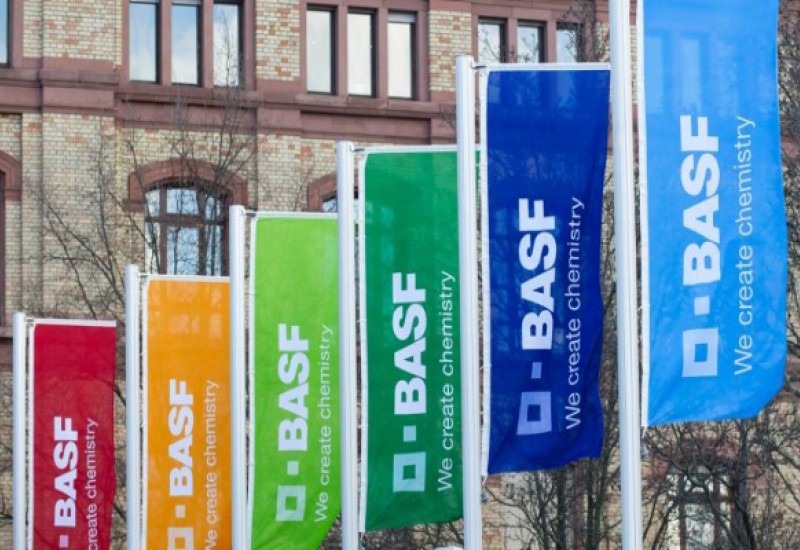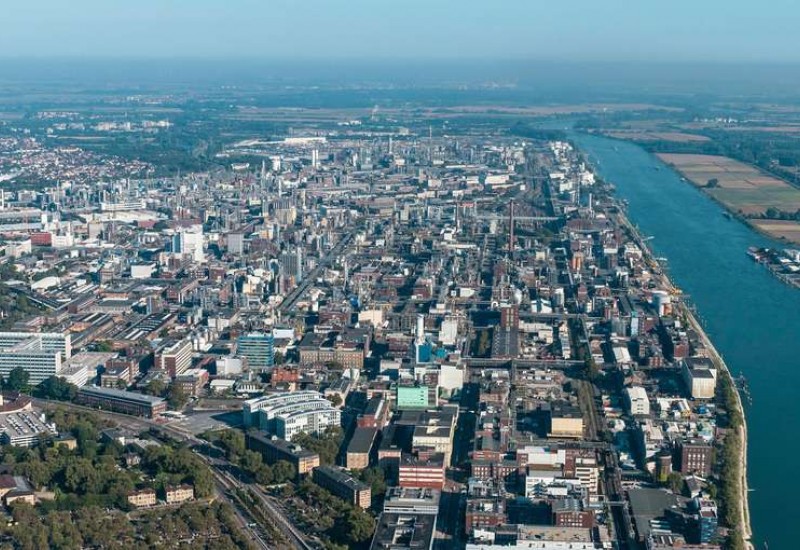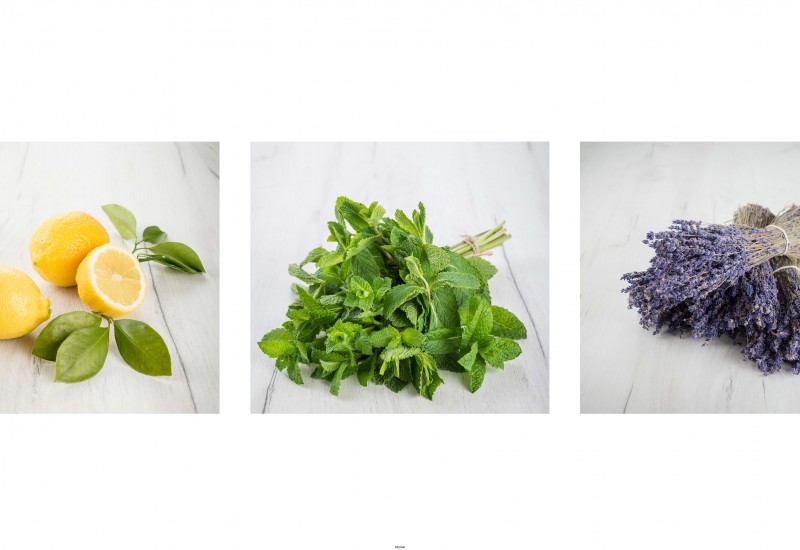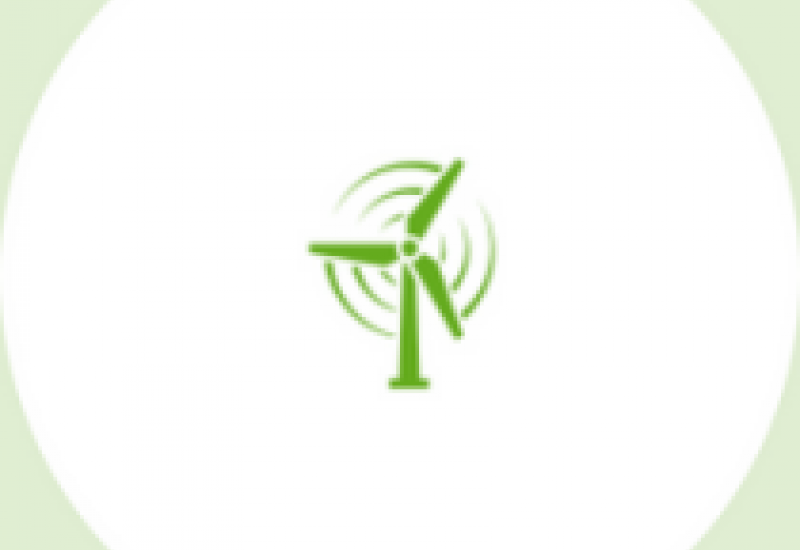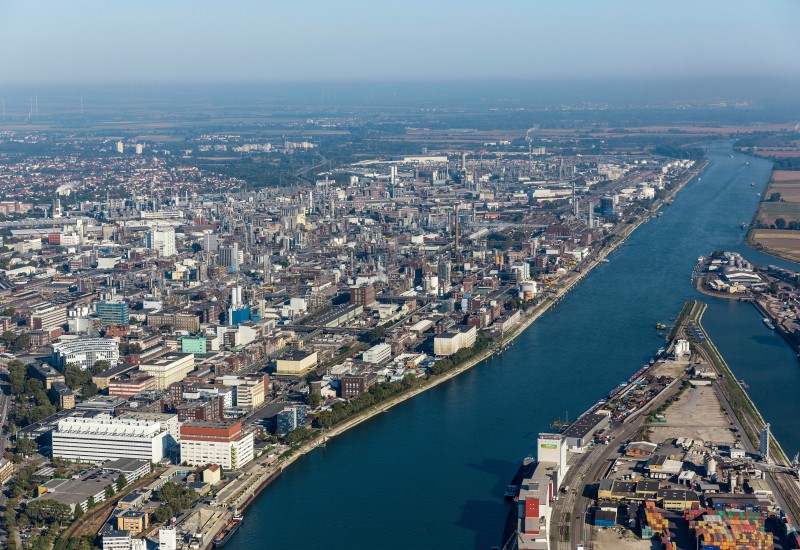Adipic acid chain closure for BASF
BASF is to end production of three chemicals at its main site in Ludwigshafen. This is part of an ongoing strategic review that is being undertaken “to ensure competitiveness under changing market conditions” and will lead to about 180 job cuts.


